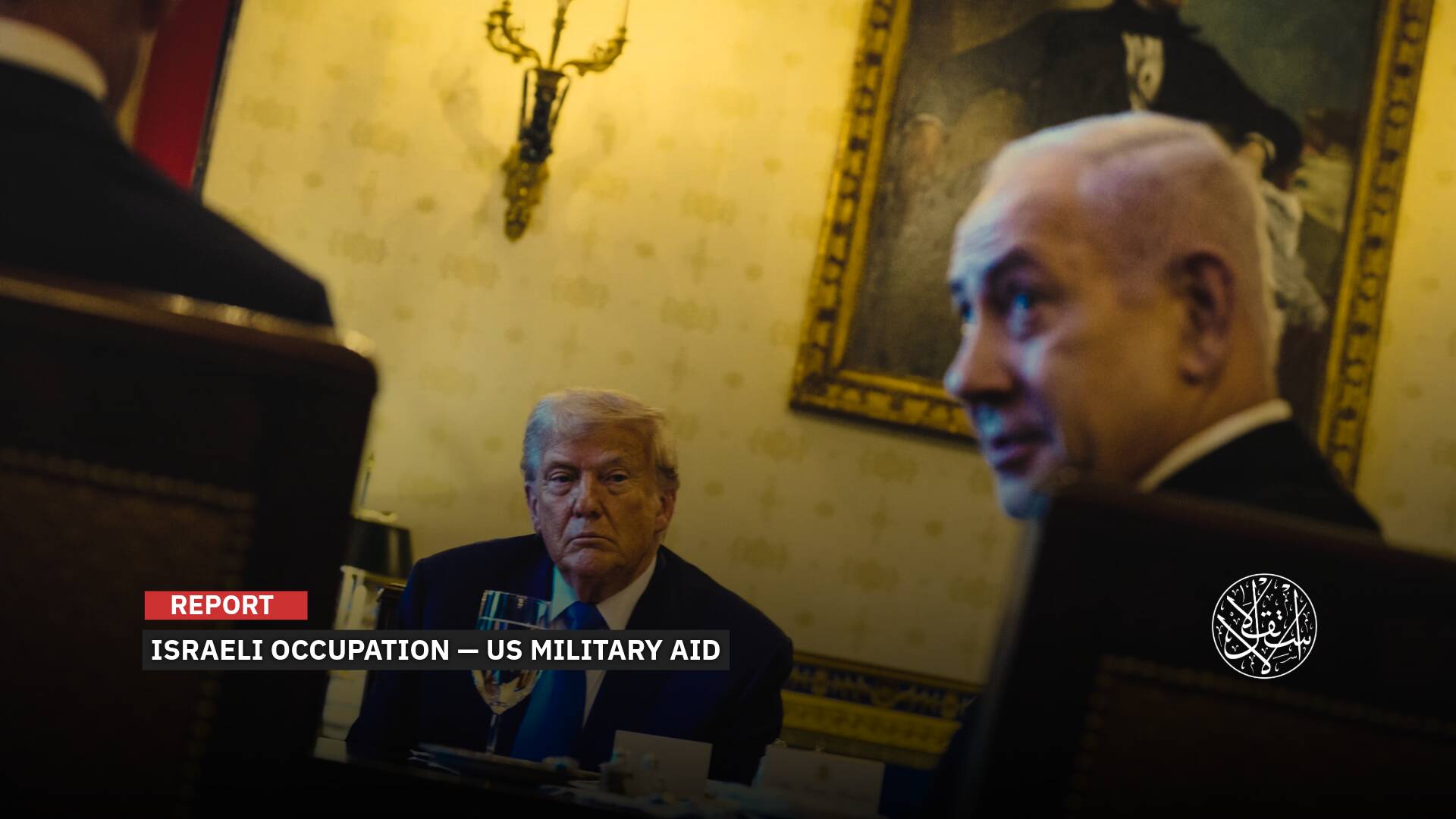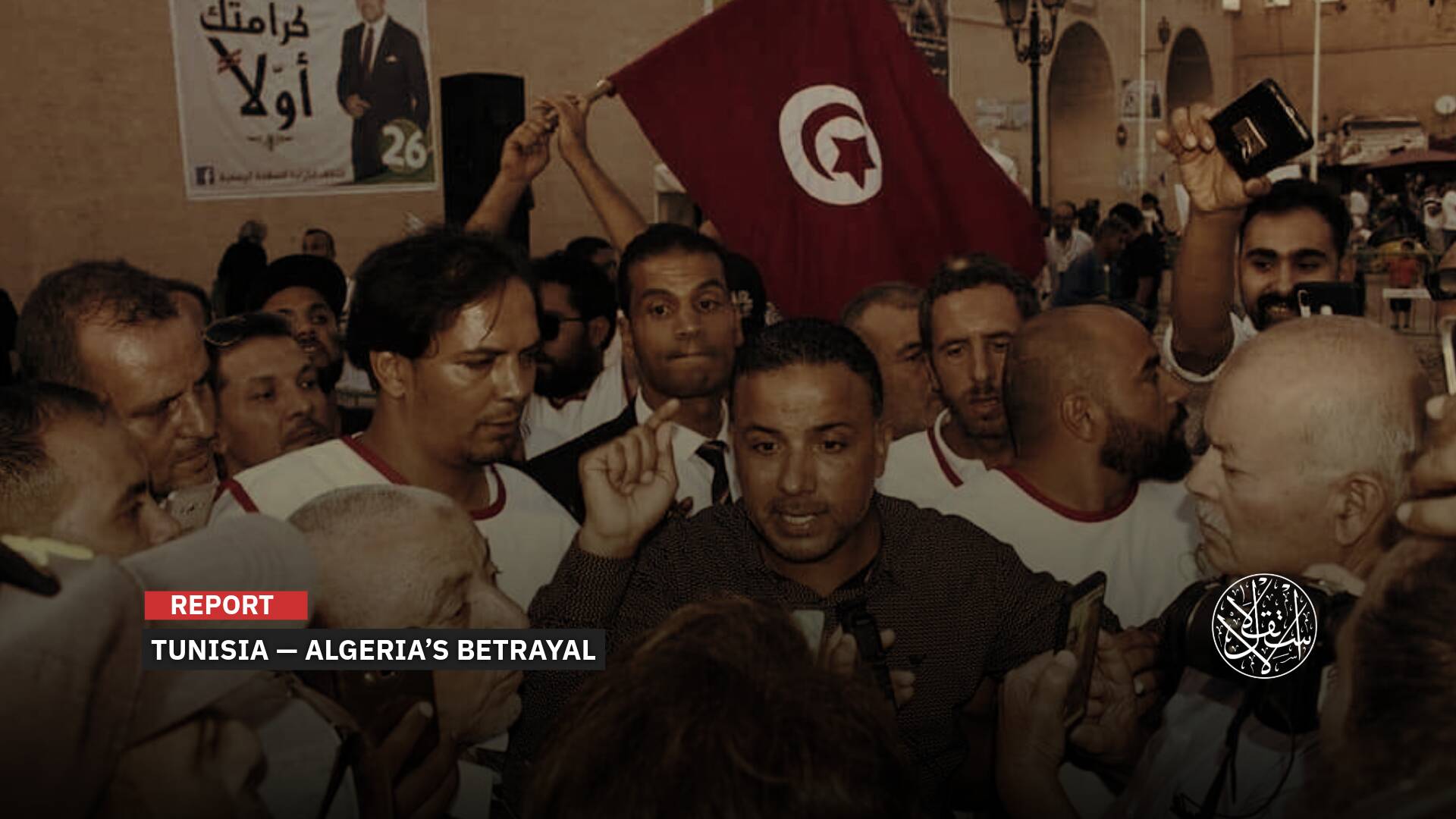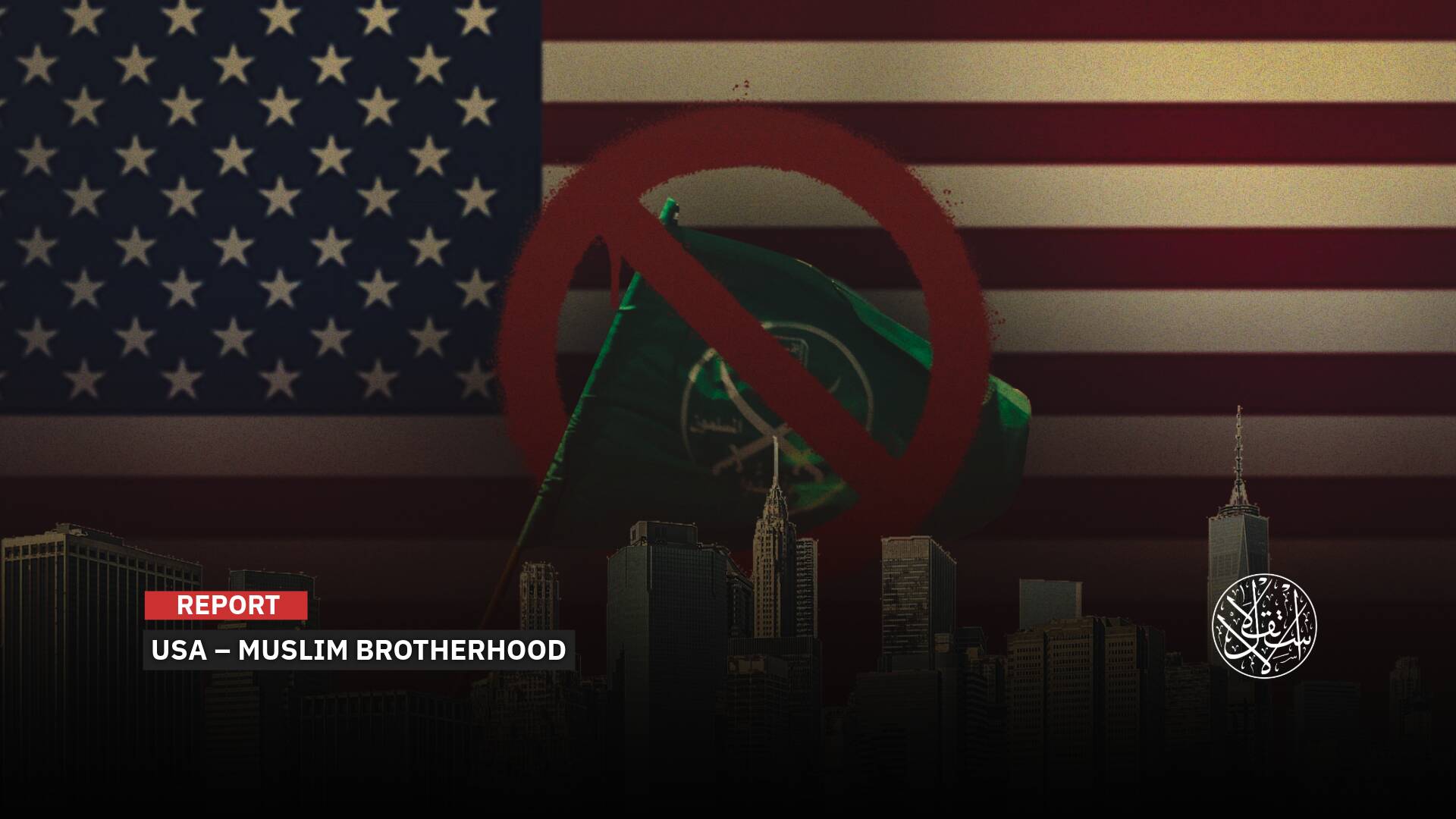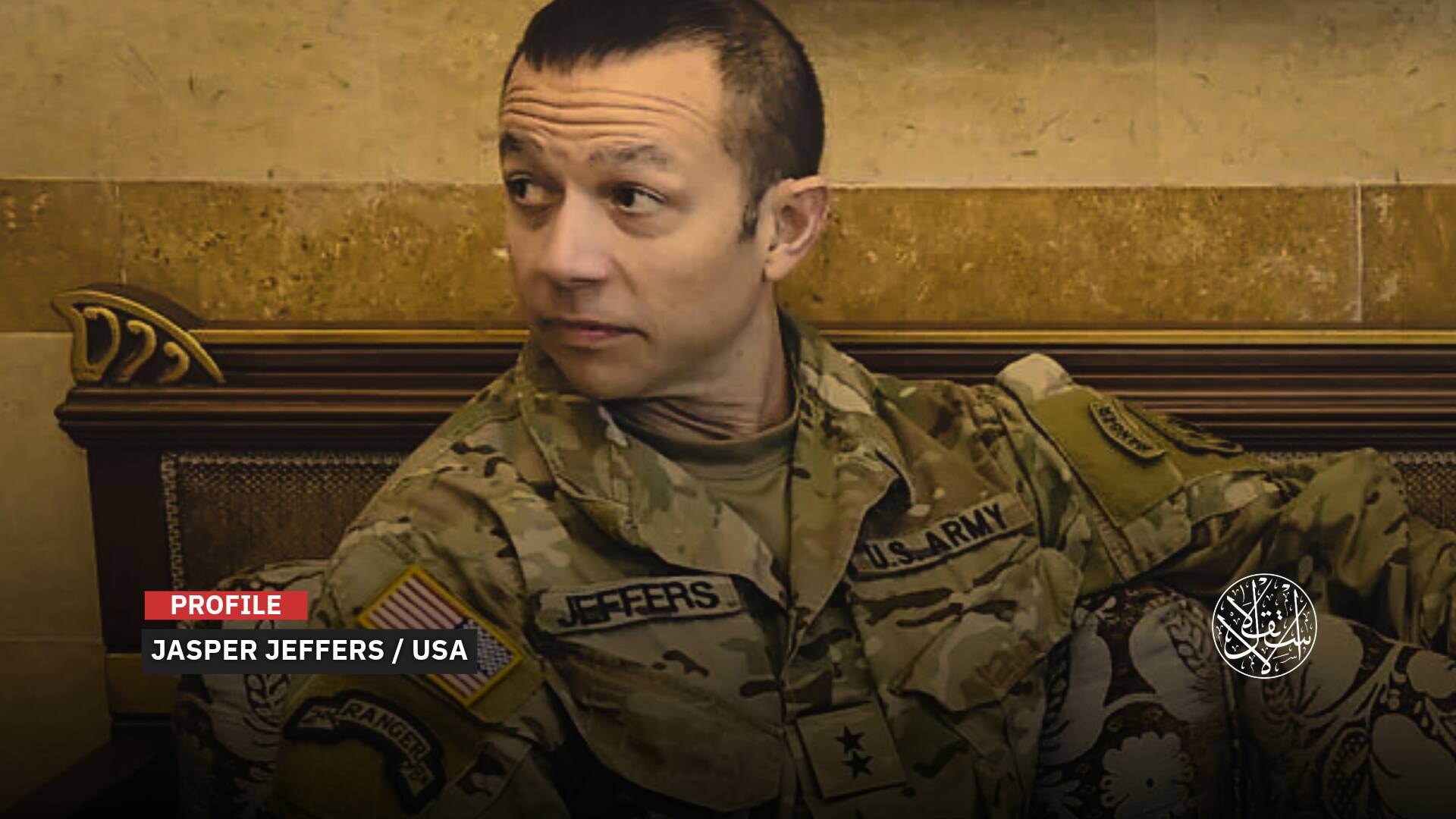Lebanon and Iran: A ‘State-to-State’ Shift Away from Hezbollah?
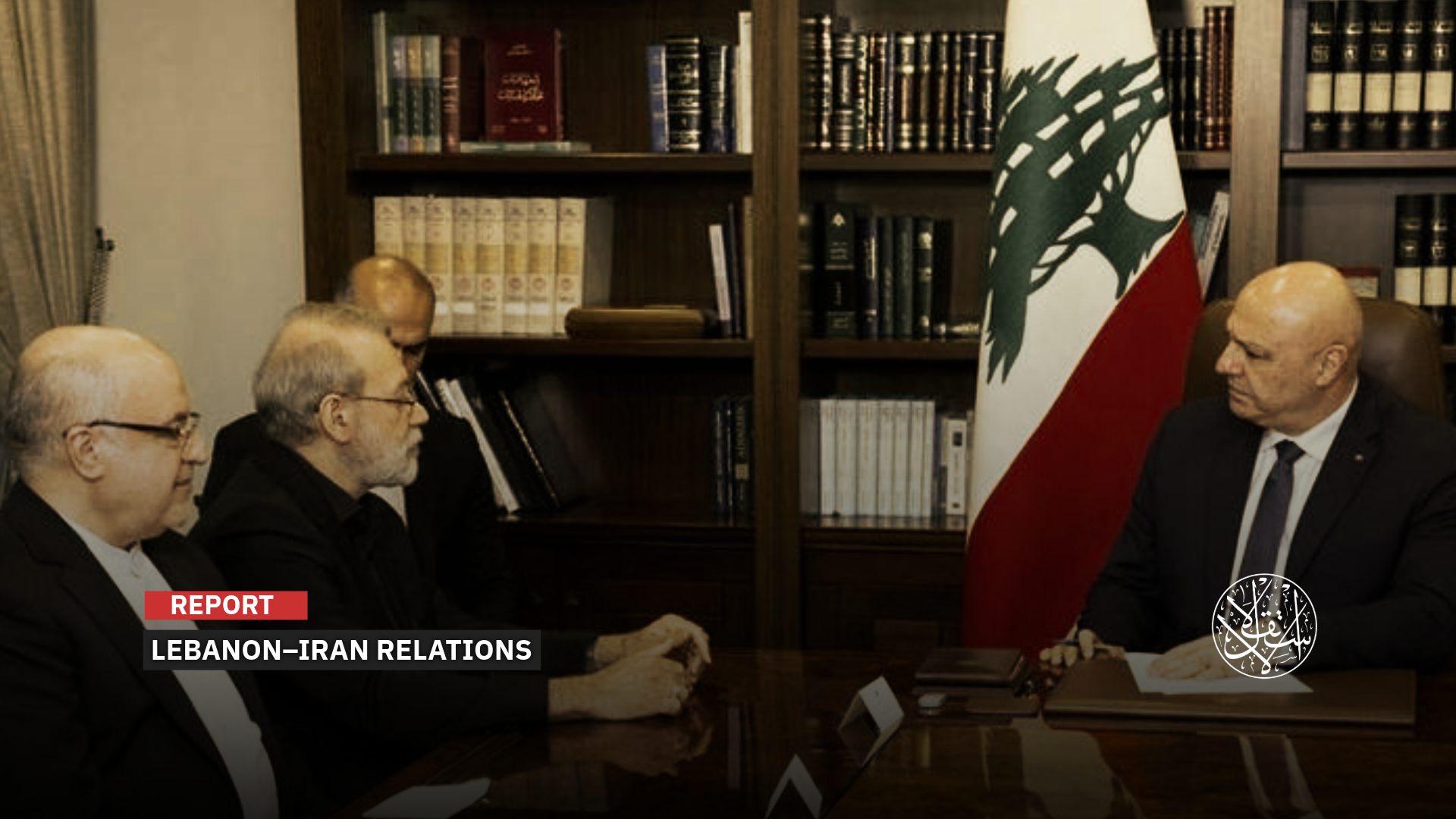
“We reject any interference in our internal affairs by any entity and we want Lebanon to remain safe and stable.”
Lebanon is working to reshape its relationship with Iran on a state-to-state basis, distancing it from the influence of Hezbollah, the Tehran-backed group that Beirut has set a plan to disarm, ending the era of unchecked weapons in the country.
On August 5, 2025, the Lebanese government tasked the army with drawing up a plan to ensure that all weapons are confined to six specified state security forces by the end of the year.
Limits of Sovereignty
Hezbollah denounced the government’s decision to move toward restricting weapons to the state, describing it as “a grave sin that serves only Israel.”
The group said in a statement that the move “was the result of dictates from the American envoy to Lebanon, Thomas Barrack.”
Hezbollah, which was founded by Iran’s Revolutionary Guard in 1982 and has since received military and financial support from Tehran, refuses to fully give up its arsenal. It retained its weapons after the Lebanese civil war ended in 1990, even as other armed groups were disarmed.
The decision on Hezbollah did not sit well with Iran, which about a week later dispatched the secretary of the Supreme National Security Council, Ali Larijani, to Beirut.
Larijani met Hezbollah’s deputy secretary-general, Naim Qassem, on August 14, amid rising tensions in Lebanon, after statements from Iranian officials supporting the group’s right to keep its weapons drew the ire of Lebanese officials.
Yet Larijani’s visit was not received as “positive,” a fact underscored by remarks at the very top of the Lebanese state.
President Joseph Aoun told Larijani that Lebanon seeks cooperation with Iran within the limits of sovereignty and friendship based on mutual respect.
“The language Lebanon has heard recently from some Iranian officials is unhelpful,” Aoun said, in remarks released by his office and posted to X following his meeting with Larijani. “We reject any interference in our internal affairs by any entity, and we want Lebanon to remain safe and stable.”
Aoun noted that everyone paid a heavy price for relying on outside powers against fellow Lebanese, and the lesson learned is that no side, without exception, is permitted to bear arms and draw strength from abroad.
Signs suggest that Lebanon is serious about recalibrating its ties with Iran on a state-to-state basis.
“Lebanon is willing to cooperate with Iran within the bounds of sovereignty and friendship based on mutual respect,” Aoun said, adding that relations between Lebanon and Iran should be with all Lebanese, and not just one religious sect.
The timing of Larijani’s visit to Beirut was seen as an attempt to undermine the government’s decisions on restricting weapons. Experts say it also reflected Tehran’s continued view of itself as a guardian of political life in Lebanon.
In recent months, Iran has sought to repair what remains of Hezbollah’s military and political standing, which was damaged after the latest Israeli war on Lebanon.
This comes amid intense international pressure on Lebanon, led by Washington, which has urged the cabinet to commit itself explicitly to disarming Hezbollah, a move that risks reigniting tensions in a country of multiple sects where the group maintains strong support from the Shiite community.
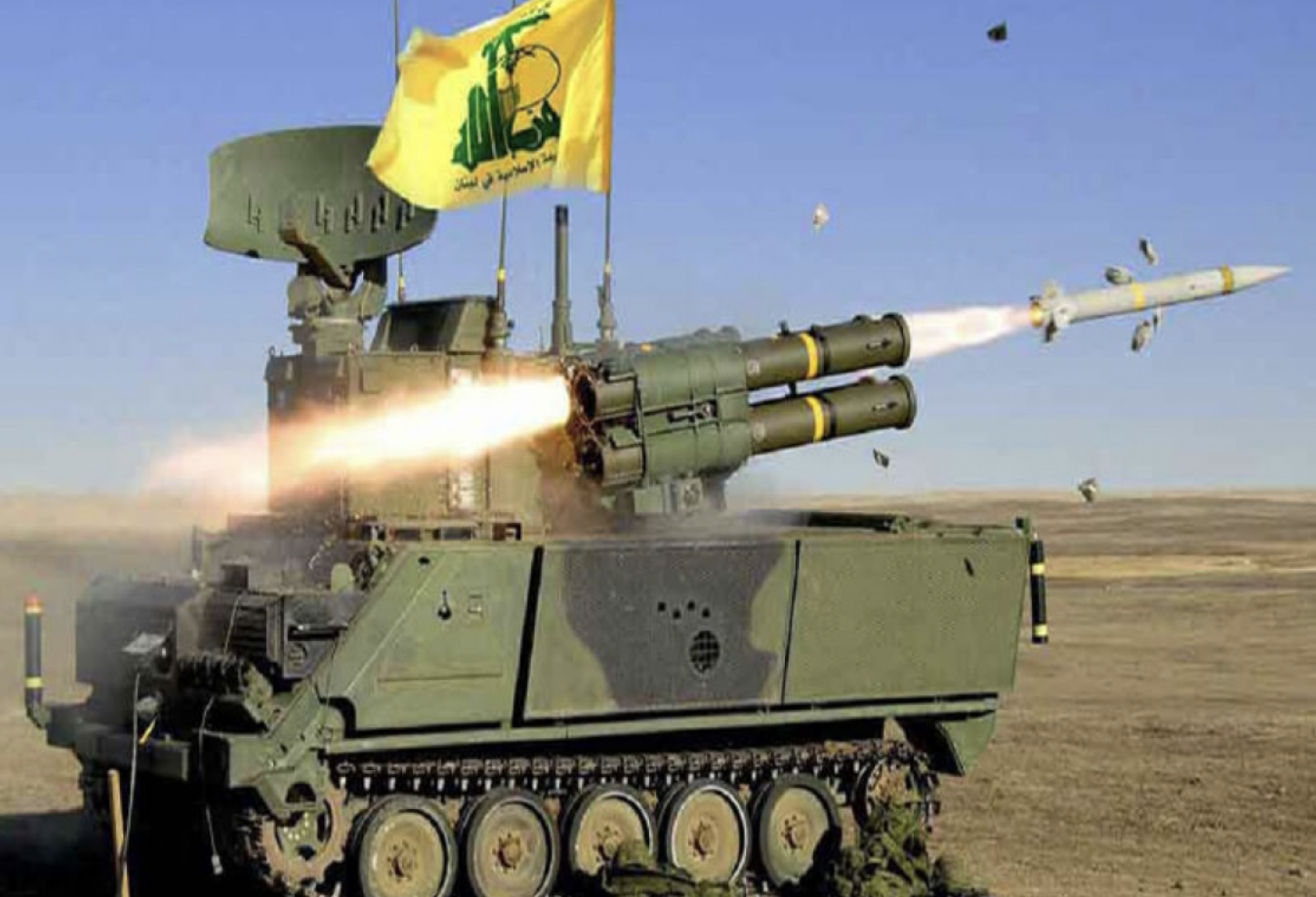
‘Cards of Power’
Ammar Jallou, a researcher and Iran specialist, said the current Lebanese government is striving to resolve the ongoing crisis caused by “the hijacking of the state’s decision-making,” especially on matters of war and peace.
“The Lebanese government is trying to take advantage of the overall local, regional, and international conditions to end the era of tutelage and dependency following the structural, military, and security weakening of Hezbollah’s power after its open conflict with Israel,” Jallou told Al-Estiklal.
“One of the key pillars of Hezbollah’s arsenal has crumbled, namely the claim that its weapons serve to protect Lebanon, after it failed to defend itself and its senior leaders. This is compounded by the distancing of its internal allies and the rise of a popular, and even Shiite, current opposed to interference in Lebanon’s future, with Nabih Berri reasserting himself as a Shiite leader.”
“The group’s strategic position was further weakened by the fall of Bashar al-Assad’s regime in Syria and the rise of a government hostile to Hezbollah and its main backer, Iran, with the new Syrian leadership successfully blocking weapons supplies through its territory and severing the land bridge between Iran and the party,” he added.
“The Lebanese government, aiming to resolve the entrenched crisis, holds the leverage to reclaim its sovereignty and control over political and military decisions. At the same time, it is navigating the interests of regional and international powers, pursuing a domestic path that avoids triggering internal conflicts that could spiral into civil strife,” according to Jallou.
The researcher stressed that “the government is serious about dismantling Hezbollah’s power and cutting off all foreign interventions that sustain its status as a state within the Lebanese state, foremost among them Iran.”
“Lebanon is trying to build a relationship with Tehran without Hezbollah’s influence, especially with the overall decline of Iranian power and in particular its so-called forward defense strategy, as most parts of what is called the axis of resistance have weakened or collapsed.”
“Its strength at the center, in Iran itself, has also been shaken as a result of the 12-day war between Israel and Iran, which was marked by the beginning of a comprehensive Western political and security bloc forming against Iran,” he added.
The Lebanese cabinet session at the presidential palace in August 2025 was the first time the council addressed the issue of Hezbollah’s weapons.
That would not have been on the table when the party was at the height of its power, before entering the Israeli war on Lebanon in October 2023, in support of the Palestinian resistance, which resulted in the deaths of Hezbollah leaders across its first, second, and third ranks and forced the group to pull its forces from southern Lebanon.
The ceasefire mediated by the United States between Lebanon and the Israeli Occupation in November 2024 eased “the confrontation.” It called on Lebanon to seize all “unauthorized” weapons across the country and stipulated that “Israel” would halt aggression against “Lebanese targets.”
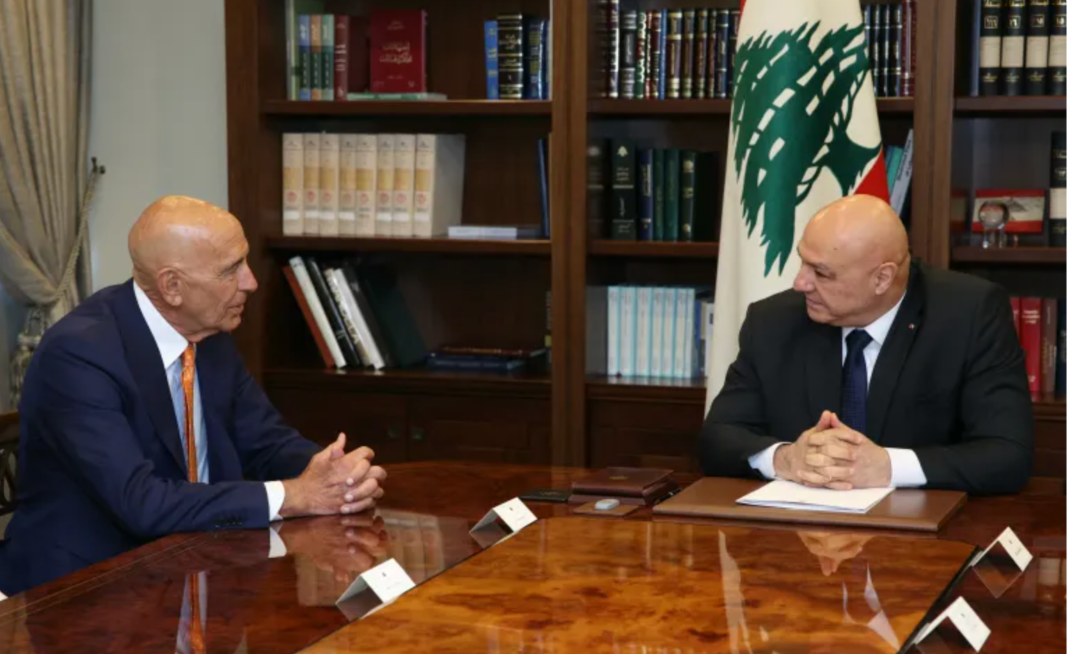
The Worst Relationship
It has become clear that Lebanon wants to move into a new phase with no foreign interference in its affairs from any country, particularly Iran.
But Beirut felt that Iranian leaders and officials had not stopped intervening in the country’s internal matters and showed no respect for its sovereign decisions.
On August 9, 2025, Ali Akbar Velayati, adviser to Iran’s supreme leader Ali Khamenei, said that his country definitely opposes disarming Hezbollah because it has always supported the Lebanese people and the resistance, and still does so.
Velayati’s remarks prompted a response from the Lebanese foreign ministry, which described them as a blatant and unacceptable interference in internal affairs.
Many observers, including Lebanese writer Hussein Ataya, described Ali Larijani’s visit to Lebanon as “a complete failure from start to finish, from the moment his plane landed in Beirut until it took off again, with only a few dozen people present to see him off at the airport.”
“It was not limited to that, but also included what was circulated about Foreign Minister Youssef Rajji’s refusal to meet Larijani,” Ataya said in an article published on the local site Janoubia on August 14, 2025.
“Alongside widespread anger over the visit among most Lebanese and calls for officials to refuse the visitor, some even called for severing ties with Iran and recalling the ambassador.”
Foreign Minister Rajji explained that his schedule was too tight to meet Larijani, adding, “Even if I had time, I would not have met him.”
“Lebanese-Iranian relations are going through one of the worst moments in the history of relations between states, and this requires a reassessment of diplomatic ties between the two countries to be, as the president said, from state to state, not between a state and one of Lebanon’s components,” Ataya added.
“Aid should only go through Lebanese state institutions. This exposes the full reality and underscores that the visit failed by every measure, from start to finish,” according to the Lebanese writer.
Lebanon has suffered major economic losses since the outbreak of the Israeli war on the country in October 2023.
The cost of reconstruction and recovery in Lebanon is estimated at around $11 billion, according to the 2025 Rapid Damage and Needs Assessment (RDNA) report issued by the World Bank.




